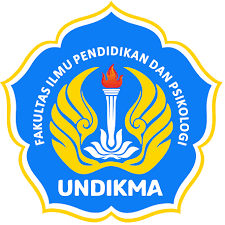Optimalisasi Sistem Pencegahan Korupsi Melalui Analisis Yuridis Normatif dalam Konteks Implementasi Nilai-Nilai Hukum Pancasila
Abstract
The National Strategy for Corruption Eradication and education based on Pancasila values are two complementary approaches in preventing corruption in Indonesia. The national strategy provides a comprehensive framework for combating corruption, while education rooted in Pancasila values offers a moral and ethical foundation for individuals. In this context, the National Strategy for Corruption Eradication sets a clear direction for prevention efforts, while Pancasila-based education equips individuals with the moral compass necessary to achieve these objectives. Challenges include inconsistencies in the implementation of anti-corruption education across various regions and educational institutions, as well as resource shortages in remote areas that affect the effectiveness of these programs. This research identifies factors contributing to the perception of corruption as a cultural norm in Indonesia, including political and economic motives, complex bureaucracy, and a lack of transparency and public oversight. Additionally, societal norms that embrace corruption as commonplace exacerbate this issue. As a solution, early anti-corruption education is emphasized as crucial in shaping the character of the younger generation to align with Pancasila values. The government must also strengthen the legal system with consistent enforcement and stringent penalties to change public perceptions and behaviors related to corruption.
Copyright (c) 2024 Robert Silindur Pangaribuan, Armunanto Hutahaean, Tatok Sudjiarto

This work is licensed under a Creative Commons Attribution-ShareAlike 4.0 International License.









